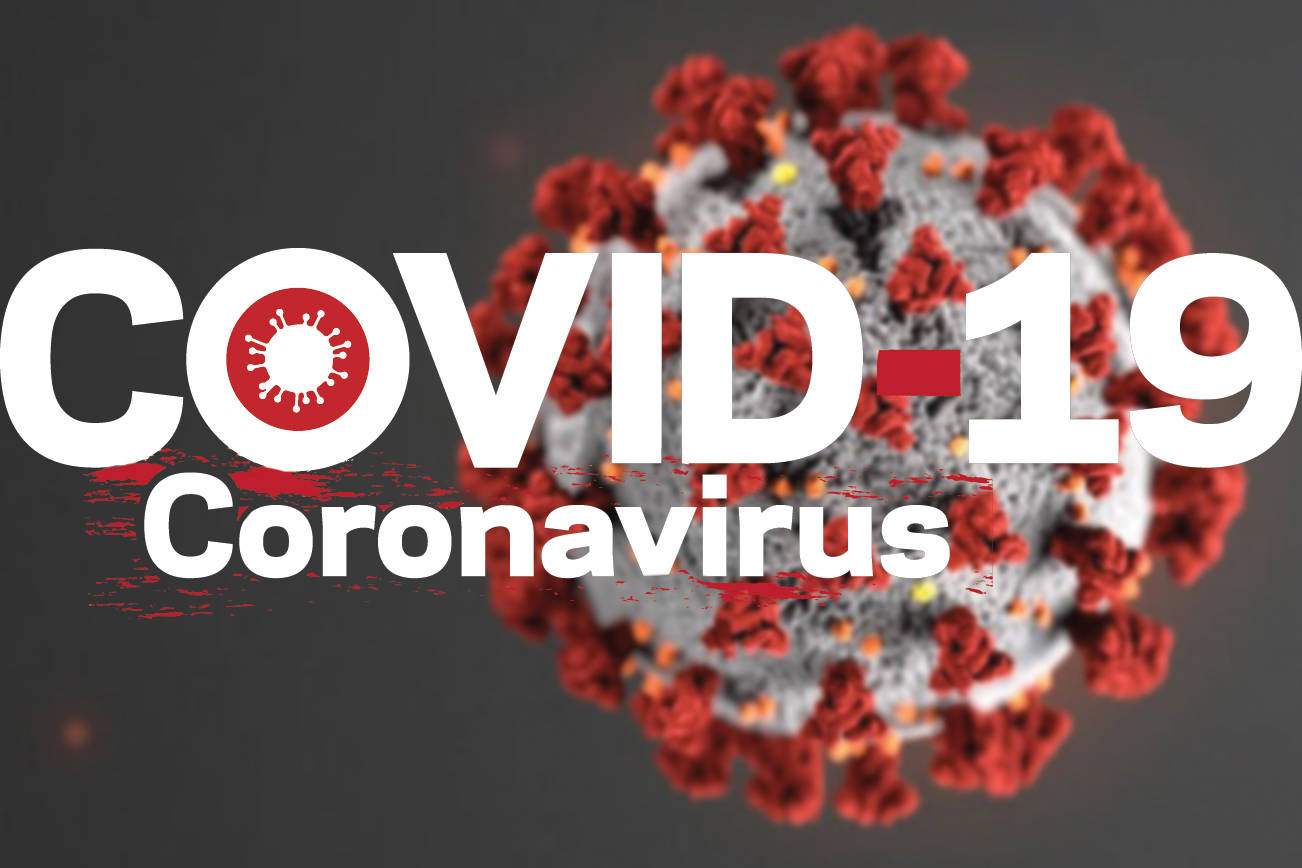The state of Alaska and local communities are beginning to implement closures of public buildings and events and encouraging social distancing to prevent the spread of the new coronavirus. Kenai Public Health Nurse Tami Marsters spoke with the Clarion on Tuesday to explain what people on the peninsula should do if they feel sick.
The symptoms for COVID-19, the disease caused by the new coronavirus, include fever, cough, runny nose and shortness of breath. Marsters recommended that anyone feeling a mild version of these symptoms should self-quarantine for at least 14 days.
Anyone experiencing more severe symptoms should call their primary care physician to report their condition. Marsters added that they should avoid physically going to the hospital or doctor’s office if possible as a prevention measure. For those who do not have a primary care doctor or are uninsured, Marsters suggested calling one of the walk-in clinics or Peninsula Community Health Services. Marsters stressed the importance of calling, rather than visiting, in order to avoid contact with others.
The ability to test for COVID-19 is somewhat limited in the state, Marsters said, and priority for sample collection is given to individuals who meet specific criteria.
Marsters said that actual tests for the disease are reserved for people that exhibit a “clinically compatible illness,” including fever, cough or shortness of breath and also meet one of the following criteria:
The person has been in close contact with a confirmed case within the last 14 days.
The person has a history of travel or residence where local transmission of the disease has occurred within the last 14 days, including Italy, Iran and China. Travel that was limited to the airport of one of these regions does not count for the purposes of testing eligibility.
The person is currently hospitalized with an unrelated condition.
The person lives in a long-term care facility.
The person is a health care worker who has already tested negative for influenza.
After discussing symptoms and other details, Marsters said, a doctor will determine whether a sample should be collected with a nasal swab.
Marsters said that she is suggesting to physicians that they have the patients remain in their car if possible and collect the sample outside of the building to prevent the patient from interacting with others.
Testing of the sample is done in one of two State labs in Anchorage and Fairbanks. Marsters said that results from the test usually come back the next day, but can be delayed depending on when the sample arrives at the lab.
There is currently no cure available for the disease, so treatment is limited to self-quarantine for the mild to moderate cases and hospitalization for the most extreme cases. The majority of cases so far have been mild to moderate, Marsters said.
Central Peninsula Hospital has 49 beds, Seward Hospital has six and South Peninsula Hospital has 21, for a total of 76 hospital beds on the peninsula. Marsters said that self-quarantining now will help mitigate a potential surge of patients that require hospitalization for an area that has limited resources for treatment. For the latest information on the State’s response to the new coronavirus, visit the State’s website at alaska.gov and follow the link titled “COVID-19” under the “Highlights” section.


